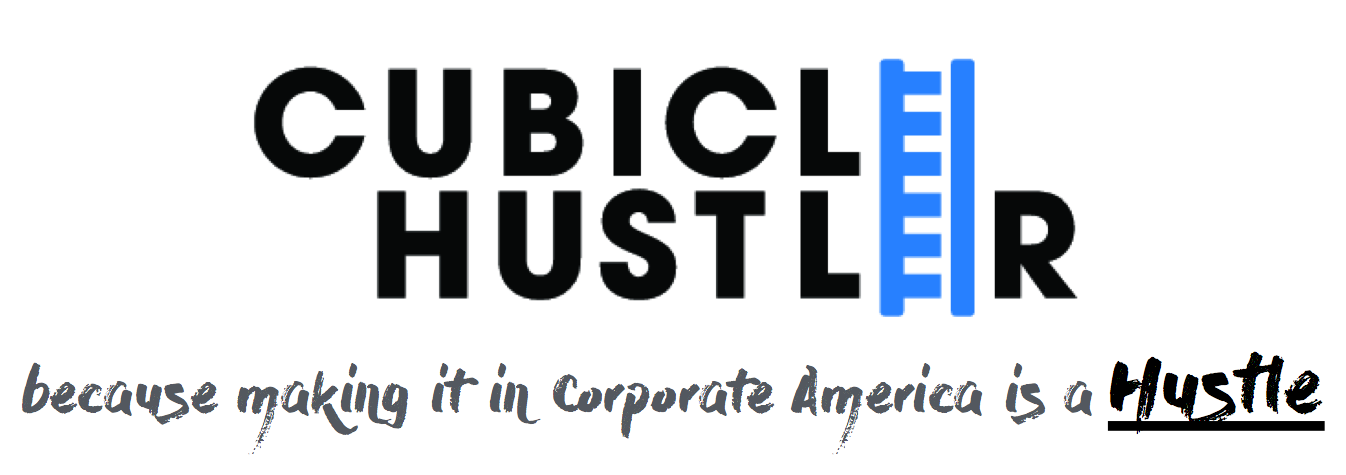The Two Most Important Questions to Ask in ANY JOB
/A good friend of mine was recently preparing for a big time speech in front of a big time audience. To prep, she asked a group of us for our best career advice. Since I've been in CH-mode, jotting down all the nuggets that I've learned along the way and wished someone had just told me when I started working, I had a bunch of things swirling in my mind. After a little thought, I narrowed it down to the two most important questions anyone can ask in any job, no matter what their role, industry, or organization.
(No they are not how much do I get paid? and when will the direct deposit hit my account?)
Wanna hear em, here they go.
How do we make our money?
How do we invest the money we make?
Deceptively simple but they'll tell you everything you need to know about your job and your company. And better yet, give guidance on how you should manage your career.
Let's look at each one
How do we make our money?
Where do your sales or revenue come from? How does your company pay the light bill and salaries? Figure this one out first and you'll know which departments and teams are driving the business forward. This should be super simple and you should be able to figure this out before you even go on your interview.
More complex are the follow ups to this question. Who is the biggest client or consumer segment? Which product or service is the best selling? What season or time of the year is the strongest?
Figure these things out and you'll know how your company operates and how it runs its business.
How do we invest the money we make?
The answer to this question tells you what's important to your company and how your company drives sales.
For a tech company, you can bet that R&D, innovation, patents, etc. are the biggest lines on the P&L. For an arts institution, you'll likely see that galas, fundraising events and the like are the biggest expenses.
To borrow a line from the Veep, show me your budget and I'll tell you what you value. What your company spends the most on is what's important to driving its business.
Now, how do you make this work for you?
At the outset of your career, you want to be in the role that answers either of these two questions - either bringing in the money or driving the activities that do.
You want to seek out companies that value what you do so that you are learning from the best in the industry. If you're a programmer, you need to be in a tech company, not working a support desk for a shoe store. If you want to be an event planner, you need to be working for an organization that drives sales through hosting big name events, like The Met, not organizing the office birthday pizza party.
Think about these two questions as you job hunt to identify roles at the companies that will allow you to work at the center of the business. Once you get there, always challenge yourself to see how you and your team can work better, do more, and go farther to either bring in more revenue or invest it more wisely.
If your role is in a support function rather than at the center of the business and you like it that way, you can still use these insights to guide your career.
If you're not bringing in the cash or doing the activities that will, then you're spending it. You're a cost center on the company wide P&L. That means every dime they spend on you, your projects or your ideas is one that they're not spending on the activities that they know will bring in more sales. There's nothing wrong with this but it does mean that what you have to do to manage your career is twofold.
First, keep those costs down. Stick to your division or departmental budget. Try to find areas of savings. Make sure your team and management know that you understand the bigger picture and how you impact overall profitability.
"I'm excited to share that we've found an office supplies vendor who is 5% cheaper than our current. By next year, this will free up $10,000 in our budget that I'm sure Finance will be happy to reallocate to R&D."
Next, when you do need to go over budget or spend more money, make sure you link that increased spending back to show the added value to organization.
"The new office supplies vendor is 5% higher than our current vendor, but their quality far surpasses it. With clients coming into the office and sales reps constantly sharing printed materials, the better quality will make a stronger impression and reinforce our position as the superior choice."
If you can't make the link back to value added, then you have no business case for the spending. So take another look at what you're proposing and think harder about why your team should do it. (Because you said so is not a good answer). Force yourself to make that connection. If you can't, reexamine what you're proposing and rework it until you can.
How your company makes money and where they spend it will tell you everything you need to know about how you fit into the bigger picture. Make these the first two things you figure out once you start working and use these answers to your advantage.














